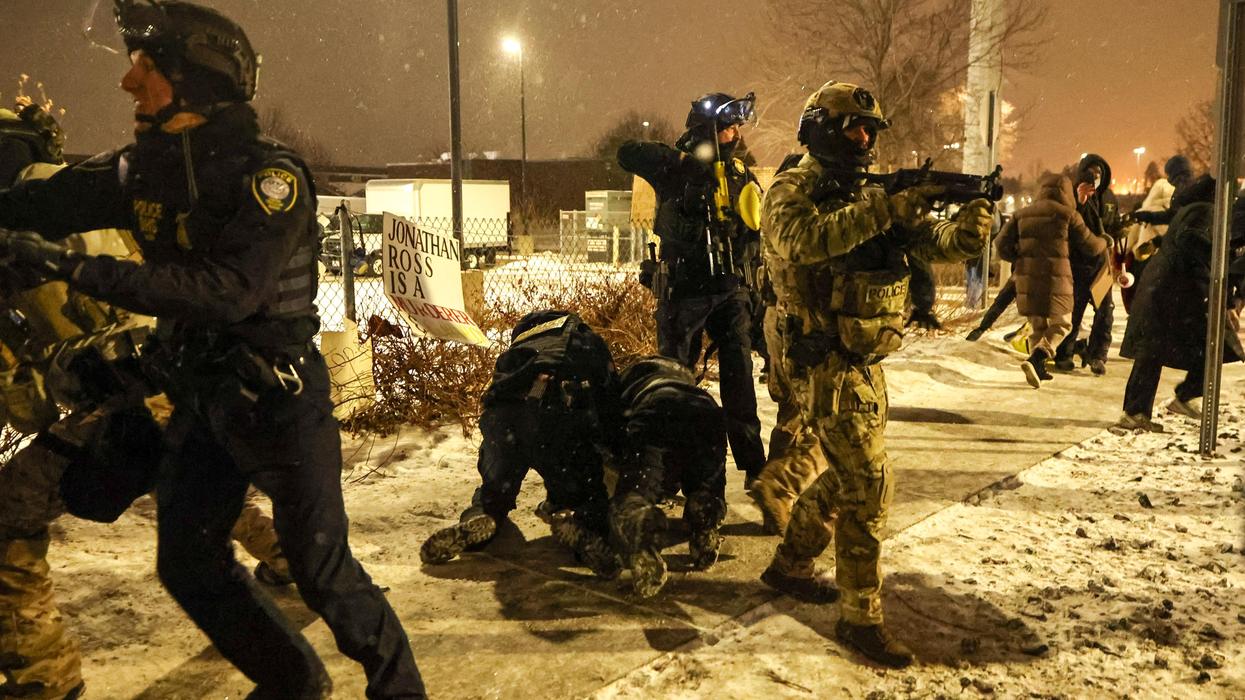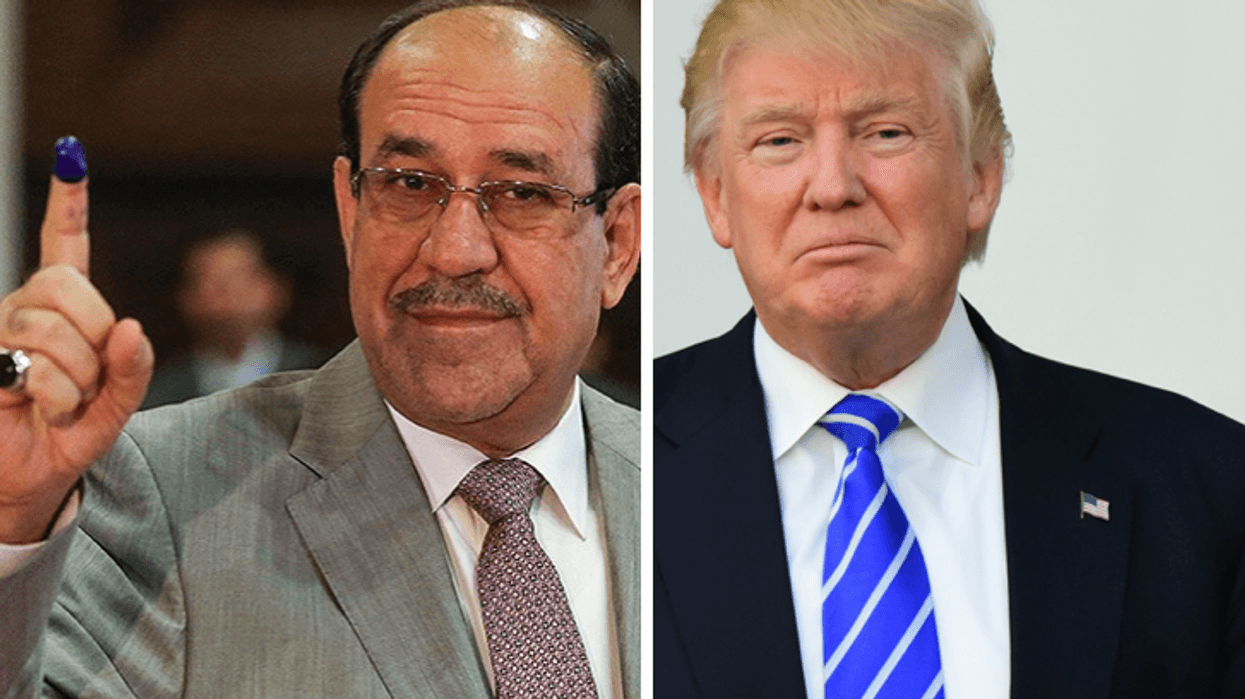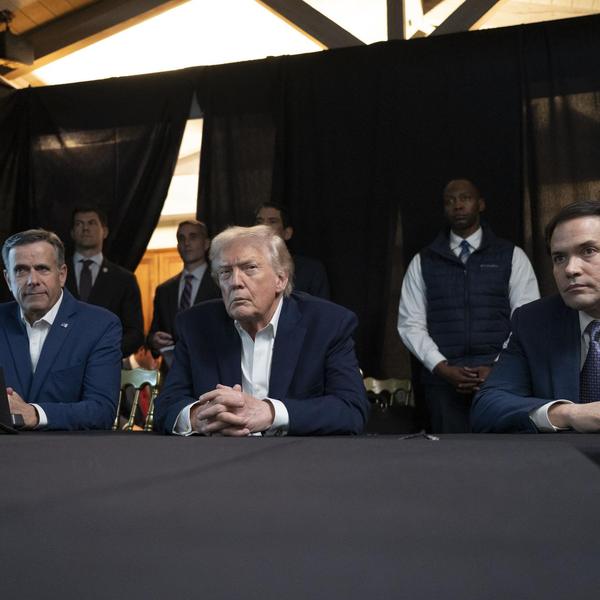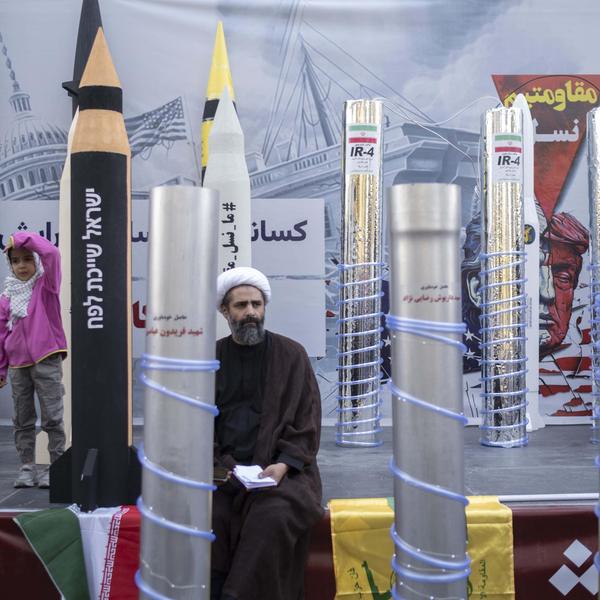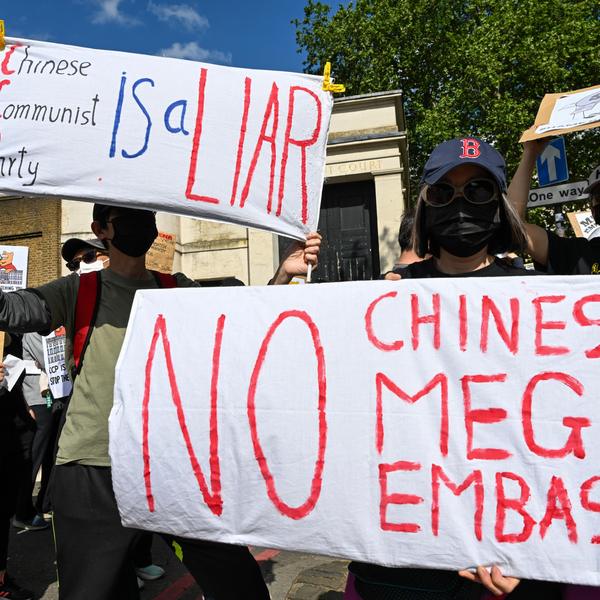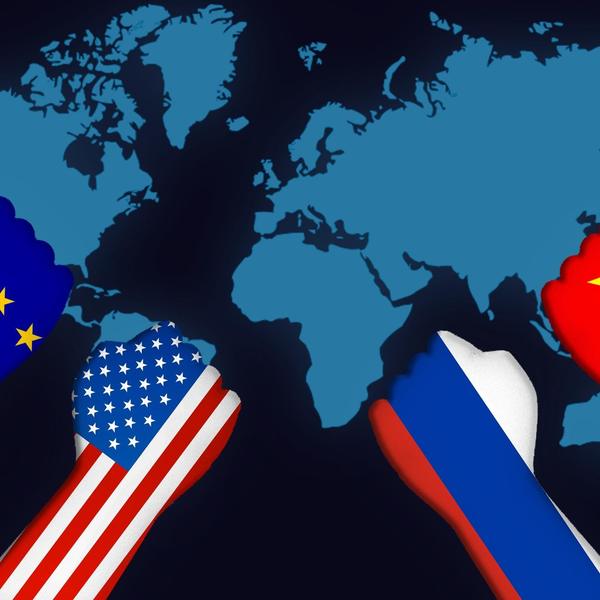The United States is no good at making lasting diplomatic commitments anymore. Other states have no difficulty believing in U.S. threats to use force and impose broad sanctions, but it is much harder to convince them that the U.S. can be trusted to honor its promises in negotiated agreements.
Our government has a real credibility problem in that our government’s promises to lift sanctions and make other concessions are not believable. This greatly complicates the ability of our negotiators to strike bargains with other governments to resolve outstanding disputes, because the U.S. has an increasing tendency to go back on its word or to tear up agreements in a fit of pique.
Even when certain other governments reach an agreement with the U.S. and abide by its terms, that is no guarantee that the U.S. won’t turn around in a few years and seek to attack or depose them. The Libyan government ended its international pariah status in exchange for ending its unconventional weapons programs and halting its support for terrorism in 2003, but the U.S. intervened to support regime change in Libya in 2011 and helped to destroy the government. Iran was fully complying with the nuclear deal for years only to be rewarded with severe U.S. economic warfare after Trump reneged on the agreement.
Iran has been under sanctions for a longer period since it agreed to the nuclear deal than it was able to enjoy sanctions relief because of the deal. Republican hawks are already promising that any agreement that Iran makes with the Biden administration and the other major powers will be torn up by the next administration. Even allowing for demagogic posturing and hyperbole, the Iranian government has to assume that will happen and plan accordingly.
U.S. diplomacy also suffers from an overreliance on threats of military action. There has been a flurry of articles and letters in the last few months urging the Biden administration to make threats of military action against Iran more “credible,” as if our government’s willingness to resort to force were somehow seriously in doubt. For example, just last week the Washington Institute of Near East Policy (WINEP) released a letter signed by several high-profile former officials, including Leon Panetta, Michele Flournoy, and David Petraeus, urging Biden to “restore Iran’s fear” of military attack. The idea that the U.S. needs to instill fear to make progress in the talks gets everything backwards. The Iranian government doesn’t need convincing that the U.S. might attack them. The Iranian leadership needs credible assurances that the U.S. can deliver lasting sanctions relief, because without that assurance they have no incentive to give up the leverage they have built up over the last few years.
The U.S. overuse of sanctions serves to handcuff diplomacy and makes it very difficult for a president to use the offer of sanctions relief to get concessions in return. When a targeted state is sanctioned on a wide range of issues, it has fewer incentives to make concessions on any one issue because the practical benefit of having only some sanctions lifted is limited. Because it is politically easy to impose sanctions and it is politically toxic to try lifting them, the promised relief is overshadowed by additional coercive measures.
Congress’ enthusiasm for sanctions frequently boxes presidents in and gives them very little flexibility in dealing with targeted states. Even when the president can waive sanctions, as Biden did in the case of Nord Stream 2, the backlash from hawks can be politically costly and can undermine U.S. diplomacy in other ways. Ted Cruz’s outrageous and unprecedented blanket hold on State Department nominees has created a huge backlog in the confirmation process for department officials and ambassadors, and all of that has been to protest one decision against imposing sanctions on an ally.
The U.S. hardly ever negotiates treaties anymore, but it will cast aside successful arms control treaties over the smallest violation or suspicion of violation. Trump pulled the United States out of the Intermediate Range Nuclear Forces (INF) Treaty and Open Skies, ostensibly over Russian violations, but scrapping the INF Treaty let Russia off the hook and freed them to deploy more of the missiles that had been prohibited by it. Being able to monitor Russian troop movements more closely on short notice shows the benefit that the U.S. would have had from Open Skies if U.S. withdrawal had not effectively killed it.
Full compliance by the other government is no protection against U.S. withdrawal from a treaty. Washington withdrew from the ABM Treaty twenty years ago in the name of expanding missile defenses. That decision sped up the deterioration of U.S.-Russian relations at the beginning of the century and eventually led to the destabilizing arms racing that we are seeing now. Arms control treaties that have worked as intended have a remarkably narrow base of support today. While Biden kept it alive and extended it for five more years, New START was almost allowed to collapse despite the fact that Russia has verifiably complied with its requirements for the last decade. When one of our major parties is ideologically hostile to arms control agreements, it is hard to see how the U.S. will be able to negotiate and ratify future treaties with Russia or China.
Another reason why Washington doesn’t have more success in its diplomatic efforts is that our political culture doesn’t place much value on diplomacy or the people tasked with carrying it out. Diplomatic compromise is often treated as being synonymous with weakness, and virtually every significant diplomatic initiative with a rival or pariah state is denounced as appeasement before it even begins.
Hawks attack even the most minor, necessary concessions as a betrayal of national security. The seesaw of partisan control in Washington means that agreements negotiated by a president from one party rarely survive long when the other party comes to power, and the Senate’s inability to ratify new treaties ensures that presidents have to settle for whatever short-term agreements they can get.
The United States still has a stifling bipartisan foreign policy consensus on military intervention and sanctions, but when it comes to negotiating a compromise that benefits all parties it is usually met with bitter partisan and ideological factionalism. This applies to political agreements and treaties alike. No negotiated agreement is safe from being scuttled when diplomacy itself is held in such low regard by many political leaders and policymakers.
Washington policymakers often worry about how the U.S. can verify compliance by other governments, but the bigger problem at the moment is that our government can’t be trusted to do what it says it will do for more than a few years at a time. Why should any government take the political risk and make major concessions in negotiations with the U.S. when it is practically guaranteed that its position will change after the next presidential election? If the U.S. cannot relearn how to keep its diplomatic commitments, American diplomacy will continue to atrophy to the detriment of national interests and international peace and security.


